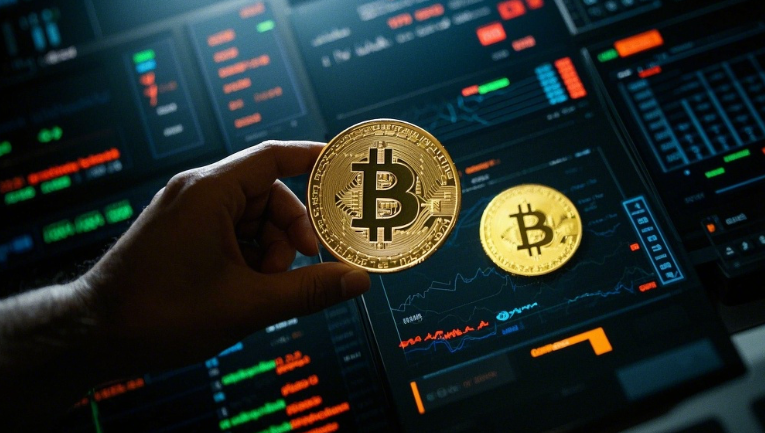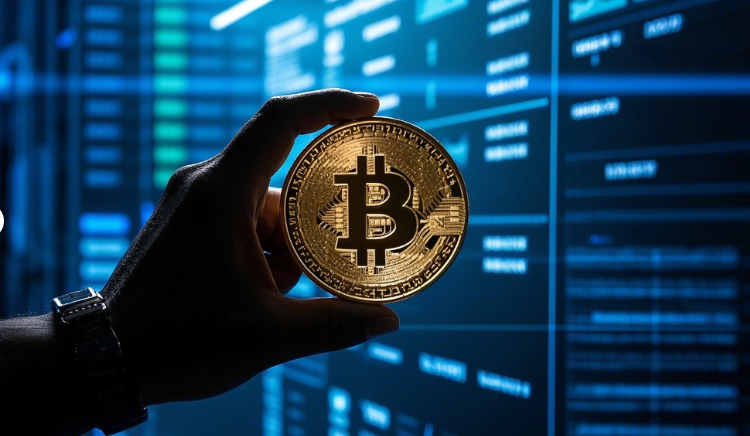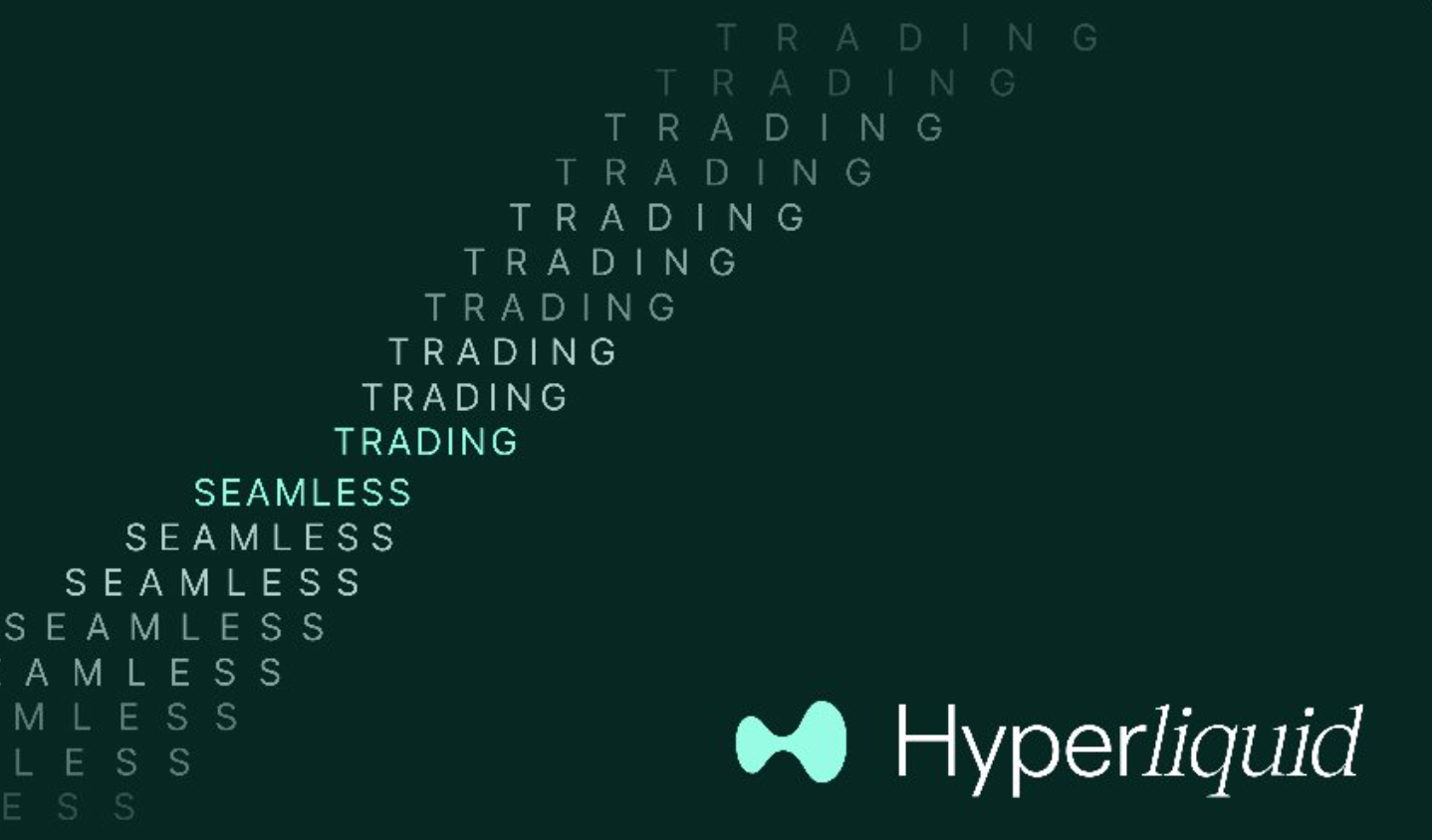In 2022, Binance suffered a hack that drained $600 million of user funds. That same year, FTX collapsed, leaving countless investors stranded with frozen assets. These events exposed a harsh truth: your assets never truly belong to you on centralized exchanges (CEX).
Today, decentralized finance (DeFi) exchanges are rewriting the rules. By replacing "trust" with code and "intermediaries" with mathematics, DeFi empowers individuals to take full control of their wealth. In this article, we explore the 5 core advantages of DeFi exchanges and how they make your assets safer, more transparent, and truly yours.
1. Self-Custody of Assets: Your Private Key, Your Ownership
On traditional CEX platforms, your assets are held in wallets controlled by the exchange—like depositing cash in a bank vault. When FTX imploded, users lost over $8 billion because they couldn’t withdraw their funds.
DeFi exchanges (e.g., Uniswap, dYdX) operate on a non-custodial model. Your private key is your ultimate authority. Trades execute via smart contracts, and platforms never touch your funds. In short, your crypto stays in your wallet, immune to freezes or mismanagement.

Real-world example: When you connect MetaMask to a DeFi exchange, every transaction requires your digital signature—like unlocking a safe with your fingerprint. Even if the exchange is hacked, your assets remain secure as long as your private key is safe. In 2024, Curve Finance faced a critical vulnerability, yet no user funds were lost because assets were self-custodied. Compare this to CEX hacks, where users often lose everything.
2. Smart Contracts: Code Is Law, Eliminating Black-Box Manipulation
CEX platforms are infamous for wash trading, spoofing, and sudden liquidations—all enabled by opaque order-matching systems.
DeFi exchanges rely on transparent smart contracts:
Algorithmic Pricing: Uniswap’s constant product formula (x * y = k) determines prices based on liquidity pool dynamics, eliminating human interference.
Immutable Records: Every trade’s details—block height, gas fees, and wallet addresses—are permanently recorded on-chain for public verification.
Automated Liquidation: On lending platforms like AAVE, anyone can trigger liquidation when collateral ratios drop, earning rewards and preventing insider exploitation.
In essence: Rules are written in code, and no one can alter the game behind the scenes.
3. On-Chain Transparency: Track Every Penny
CEX claims of "100% reserves" are as trustworthy as a locked vault you can’t inspect. Audits? History shows they’re fallible.
DeFi exchanges operate with radical transparency:
Live Liquidity Pools: On Sushiswap’s ETH/USDC pool page, anyone can verify total assets and accumulated fees in real time.
Revenue Sharing: Protocols like Compound automatically distribute 50% of fees to token holders via unchangeable smart contracts.
Community Audits: Before launching dYdX V4 in 2024, its code was vetted by 20+ third-party auditors and community developers—far more rigorous than CEX’s closed-door audits.
The difference: With CEX, you trust; with DeFi, you verify.

4. Censorship Resistance: Freedom Built on Decentralization
When governments demand CEX platforms freeze accounts, compliance is inevitable. DeFi exchanges, powered by decentralized networks, defy such control:
No KYC: Platforms like 1inch allow anonymous wallet transactions without submitting IDs or addresses.
Global Liquidity: A user in Thailand accesses the same liquidity pools on PancakeSwap as someone in the U.S., breaking geographic barriers.
Unstoppable Protocols: Even if developers abandon a project (e.g., Uniswap’s founders left in 2025), the protocol keeps running. In fact, Uniswap’s trading volume rose 30% post-departure, proving true decentralization.
The bottom line: No entity can freeze your assets based on identity, nationality, or politics.
5. Innovative Ecosystem: Beyond Trading, Into Earning
DeFi exchanges aren’t just trading venues—they’re open financial legos offering unmatched earning opportunities:
Liquidity Mining: Provide liquidity on GMX and earn 30%+ annual yields from fees and token rewards.
Automated Strategies: Protocols like Yearn Finance optimize your deposits across lending/ trading platforms for maximum returns.
Cross-Chain Swaps: Trade BTC for SOL directly on Thorchain without CEX intermediaries.
Simply put: CEX limits you to trading; DeFi lets you build wealth.

Reclaim Your Financial Sovereignty
DeFi exchanges aren’t flawless—smart contract risks and gas fee volatility persist. But when you realize CEX profits from your assets while offloading risks onto you, DeFi’s transparency and autonomy become revolutionary.
As Bitcoin pioneer Hal Finney said: “Computers can be programmed to be incorruptible middlemen.” It’s time to ditch centralized platforms’ “black boxes” and entrust your wealth to code and mathematics. Your assets deserve a future where you’re in control.
















No comments yet